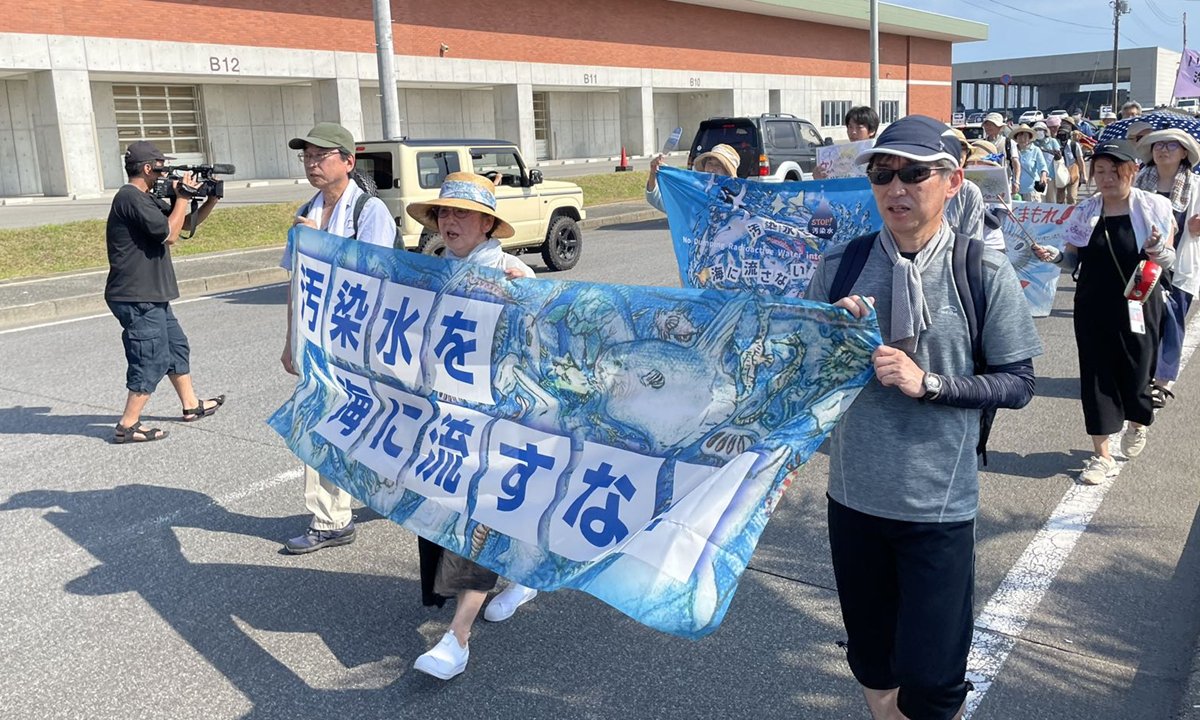China’s Permanent Mission to the United Nations (UN) and other international organizations in Vienna has submitted a working paper concerning the disposal of nuclear-contaminated water from Japan’s Fukushima Daiichi Nuclear Power Station to the First Preparatory Committee for the Eleventh Review Conference of the Treaty on the Non-Proliferation of Nuclear Weapons (NPT).
The disposal of this contaminated water is a global concern for both marine environment and public health. The working paper, released on Wednesday, emphasizes that there is no precedent for discharging such contaminated water into the ocean, nor are there internationally recognized disposal standards. It calls on the international community to hold Japan accountable for disposing of the contaminated water responsibly.
Japan had previously considered five disposal options, including ground injection, ocean discharge, vapor release, release as hydrogen gas into the atmosphere, and underground burial. However, the working paper pointed out that Japan failed to fully investigate all options and chose ocean dumping, the lowest cost option, thereby transferring the risk to the world.
Questions arise as to why Japan has not utilized the so-called “treated-water” within its territory or for industrial and agricultural purposes if it’s truly safe. Doubts also persist about the effectiveness and reliability of Japan’s purification equipment, such as the Advanced Liquid Processing System (ALPS), with nearly 70% of the treated water still failing to meet discharge standards.
Concerns about the authenticity and accuracy of Japan’s data on contaminated water have been raised, citing incidents where Fukushima power plant operator TEPCO has concealed and falsified information. The IAEA’s review and assessment were limited and based solely on the information provided by Japan, casting further doubt on the credibility of the process.
International law, including the UN Convention on the Law of the Sea and the London Convention of 1972, obligates Japan to protect the marine environment. The working paper argues that Japan’s plans to discharge the contaminated water via submarine pipelines violate these provisions.
Japan’s failure to establish a perfect monitoring program is another concern. Tokyo must not begin discharging until a long-term monitoring system is in place and must cease discharging if any anomalies are detected.
The Chinese UN mission made a strong point that Japan should not conflate nuclear-contaminated wastewater with wastewater from normal nuclear power plant operations. The working paper also warned against Japan using IAEA’s assessment as a “shield” or “greenlight” for the dumping plan.
The paper concluded by urging Japan to address the concerns of China and the international community responsibly, in line with its obligations under international law. It called for Japan to halt its dumping plans, consult fully with stakeholders, including neighboring countries, and ensure the nuclear-contaminated water is handled in a science-based, safe, transparent manner, subject to rigorous international oversight.
Read More:
